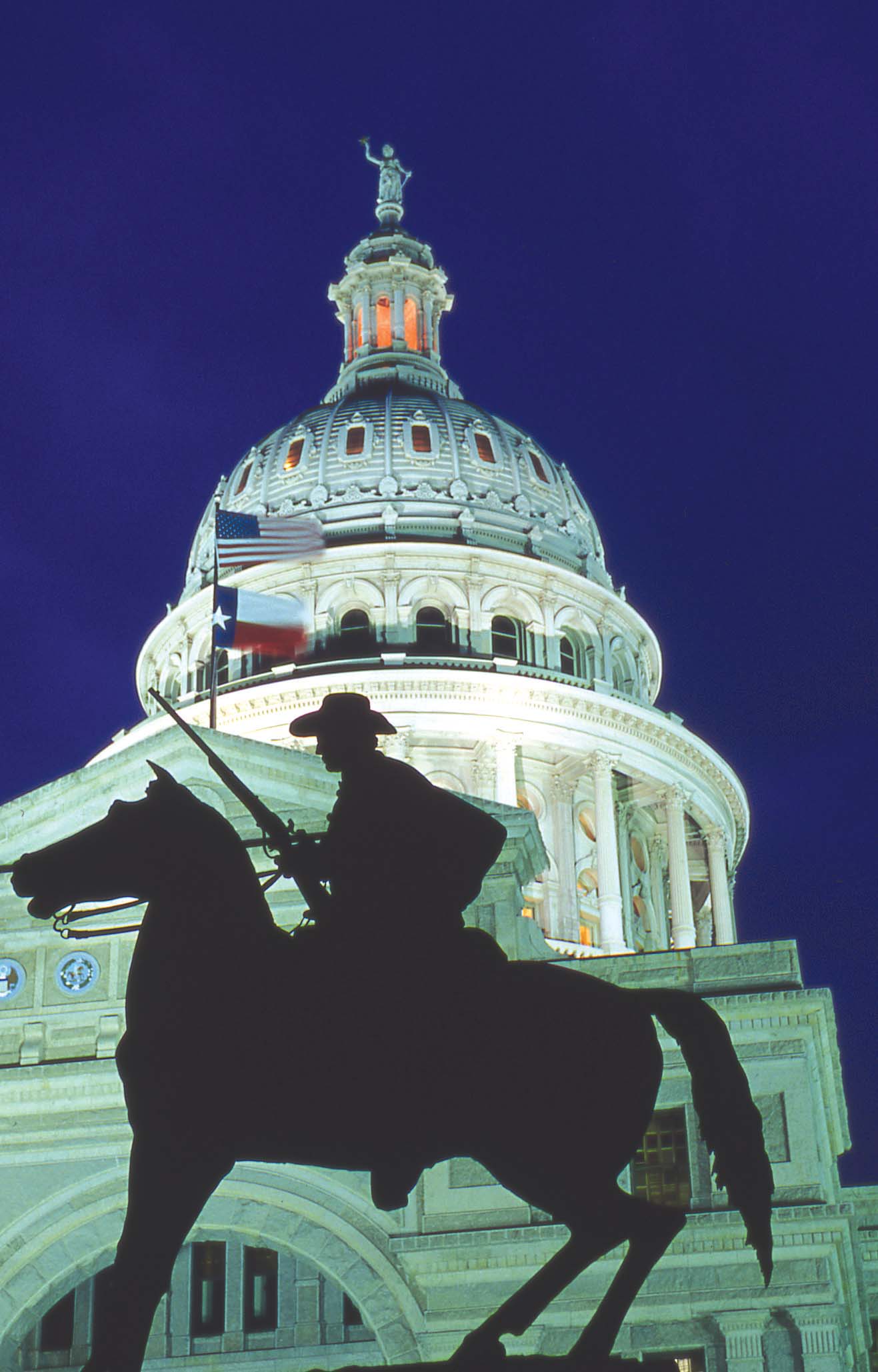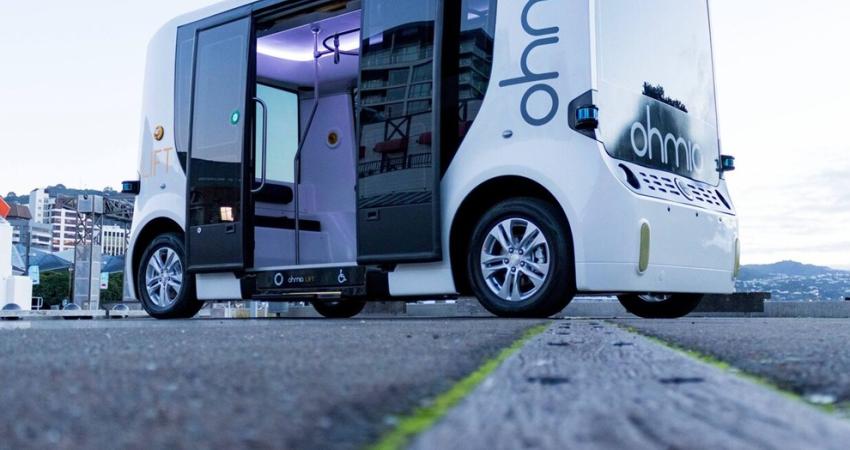As transportation industry experts from around the world gather in Austin, Texas for the International Bridge, Tunnel and Turnpike Association’s 82nd Annual Meeting and Exhibition, 14-17 September, infrastructure solutions firm HNTB Corporation announces the results of a new America THINKS tolling survey, including the public’s views on tolling in the State.
According to the survey, close to three in four (73 per cent) Texans who regularly drive on roads or bridges with tolls are pleased with the value
As transportation industry experts from around the world gather in Austin, Texas for the International Bridge, Tunnel and Turnpike Association (63 IBTTA) 82nd Annual Meeting and Exhibition, 14-17 September, infrastructure solutions firm 6278 HNTB Corporation announces the results of a new America THINKS tolling survey, including the public’s views on tolling in the State.
According to the survey, close to three in four (73 per cent) Texans who regularly drive on roads or bridges with tolls are pleased with the value they receive for the fare paid. Fewer drivers on toll roads or bridges across the nation (65 per cent) are satisfied with the value they get for the toll they pay.
In fact, more than four in five (85 per cent) of Texans could also be influenced to use toll roads more often. Top motivators for those who would use toll roads more in reaching their destination more quickly include, if the toll road made their travel time faster and more reliable (73 per cent) and if it helped them avoid traffic (71 per cent). Improving infrastructure also is a driving force, as nearly half (49 per cent) would use toll roads more if they knew the money was going toward a worthwhile transportation cause, such as roadway repairs, new roads or improved local public transit.
And close to six in ten (59 per cent) would be pushed toward these routes if the fare was lower. Texans want the toll-paying process to be convenient when travelling outside of their area. More than four in five believe that if they have an electronic toll tag, it should work in other states in their region (86 per cent) or nationwide (84 per cent).
“Tolling is becoming the solution of choice for generating additional user-based transportation revenue,” said Scott Cooper, HNTB national toll practice consultant and vice president. “The375 Texas Department of Transportation and regional toll authorities are using tolls and toll roads to manage congestion and add capacity that otherwise would have taken decades longer to get from the drawing board to the construction site.”
Despite this history of success, fewer Texans (55 per cent) than Americans as a whole (61 per cent) are likely to support tolls as part of a transportation project’s funding if there are insufficient funds from other sources.
The survey suggests public transportation usage could rise if tolls were in place. Nearly three in five (56 per cent) of Texans would be more likely to choose to use a bus if buses were an option on a toll road and it meant a safer, congestion-free and more reliable trip.
Many Texas residents are split as to whether or not they should have to pay tolls anytime they drive on a toll road (51 per cent), versus just when the toll road saves them time (49 per cent). In fact, the latter is true, the former is not; and Cooper said additional education could help address that issue.
However, more than seven in ten (72 per cent) of Texans think toll agencies should put drivers on probation or fine them for skipping on the fares they are supposed to pay. In fact, more than half (55 percent) think toll authorities should collect fines from offenders, and, on average, those who think fines should be collected say a US$34 fine sounds reasonable.
According to the survey, close to three in four (73 per cent) Texans who regularly drive on roads or bridges with tolls are pleased with the value they receive for the fare paid. Fewer drivers on toll roads or bridges across the nation (65 per cent) are satisfied with the value they get for the toll they pay.
In fact, more than four in five (85 per cent) of Texans could also be influenced to use toll roads more often. Top motivators for those who would use toll roads more in reaching their destination more quickly include, if the toll road made their travel time faster and more reliable (73 per cent) and if it helped them avoid traffic (71 per cent). Improving infrastructure also is a driving force, as nearly half (49 per cent) would use toll roads more if they knew the money was going toward a worthwhile transportation cause, such as roadway repairs, new roads or improved local public transit.
And close to six in ten (59 per cent) would be pushed toward these routes if the fare was lower. Texans want the toll-paying process to be convenient when travelling outside of their area. More than four in five believe that if they have an electronic toll tag, it should work in other states in their region (86 per cent) or nationwide (84 per cent).
“Tolling is becoming the solution of choice for generating additional user-based transportation revenue,” said Scott Cooper, HNTB national toll practice consultant and vice president. “The
Despite this history of success, fewer Texans (55 per cent) than Americans as a whole (61 per cent) are likely to support tolls as part of a transportation project’s funding if there are insufficient funds from other sources.
The survey suggests public transportation usage could rise if tolls were in place. Nearly three in five (56 per cent) of Texans would be more likely to choose to use a bus if buses were an option on a toll road and it meant a safer, congestion-free and more reliable trip.
Many Texas residents are split as to whether or not they should have to pay tolls anytime they drive on a toll road (51 per cent), versus just when the toll road saves them time (49 per cent). In fact, the latter is true, the former is not; and Cooper said additional education could help address that issue.
However, more than seven in ten (72 per cent) of Texans think toll agencies should put drivers on probation or fine them for skipping on the fares they are supposed to pay. In fact, more than half (55 percent) think toll authorities should collect fines from offenders, and, on average, those who think fines should be collected say a US$34 fine sounds reasonable.







